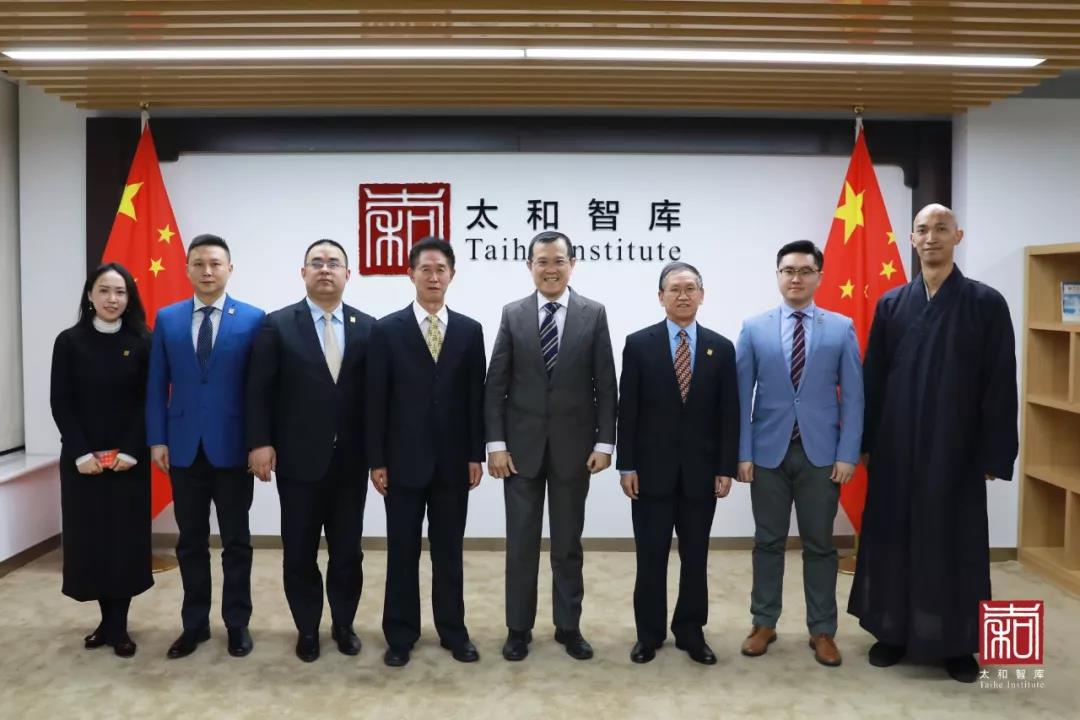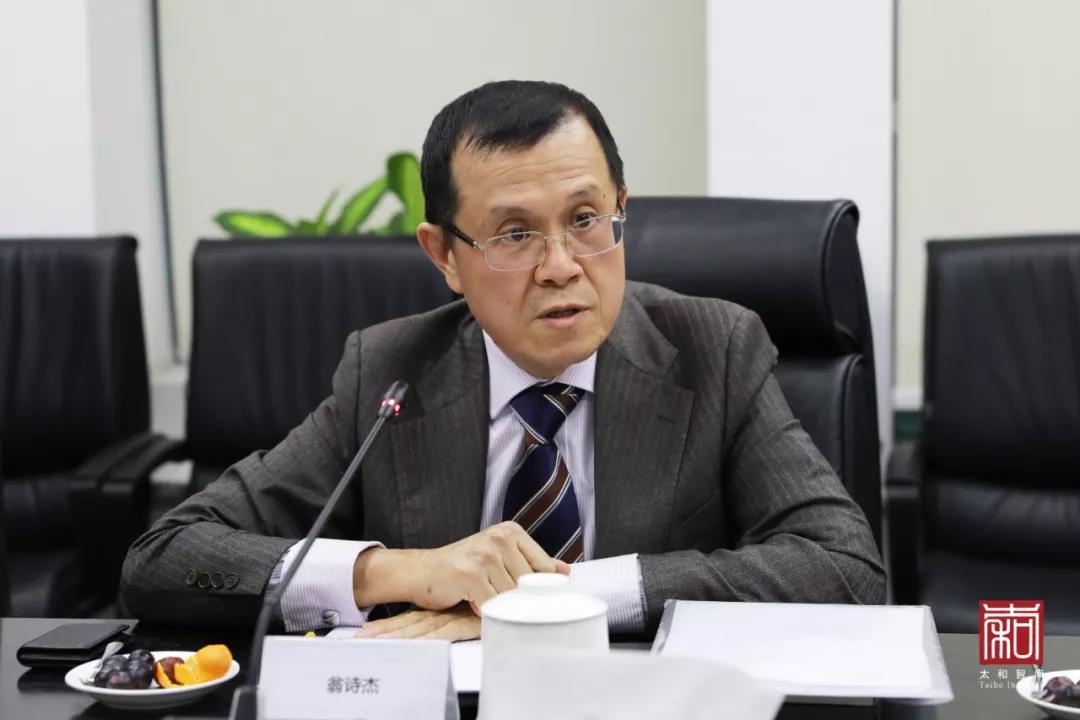On December 15, Malaysian politician Tan Sri Ong Tee Keat gave a speech at the Taihe Institute entitled "Opportunities and Challenges for the Belt and Road Initiative in Southeast Asia". Ong Tee Keat has served as Deputy Speaker of the Malaysian Parliament and Transport Minister, and is currently President of the Center for New Inclusive Asia and of the Malaysia-China Belt-Road Chamber of Commerce. He has long been committed to promoting the development of relations between China, Malaysia and ASEAN.
Ong Tee Keat said that the Belt and Road Initiative continued to achieve new results for cooperation in Southeast Asia, but also faced challenges, which he divided into two categories, "dos" and "don’ts". The main points to "dos" include: understanding and showing respect for the cultural diversity of, and ethnic relations within, host countries; conveying the key messages and details of the Belt and Road Initiative via local non-Chinese mainstream media within the host countries; fostering the social responsibility of Chinese enterprises; establishing legal dispute resolution channels in advance; further prioritizing soft power represented by non-governmental organizations and Chinese culture. "Don'ts" include: keeping contracts and projects from being monopolized by Chinese companies; preventing projects from being taken advantage by a few local dignitaries and particular enterprises seeking profits; not allowing projects to benefit Chinese people alone, which could risk intensifying ethnic conflicts; preventing Chinese companies from becoming involved in local politics; ensuring that Chinese companies keep a low profile and refrain from flaunting their investment in a way that might be interpreted as "economic aggression"; preventing the project from generating negative perceptions of the Belt and Road Initiative as a platform for absorbing China’s excess capacity, etc.

Focusing on how China should strengthen cooperation with Southeast Asian countries in the new circumstances and cooperate under the Belt and Road Initiative, Ong Tee Keat offered the following suggestions. First, China should focus on the standardization of criteria for the Belt and Road project, and prevent the brand from being abused. Secondly, China should strengthen multilingual communication about, and effective advocacy of, the Belt and Road Initiative to build a brand-new and positive international image and identity. Thirdly, China should strengthen cooperation in the field of human resources to promote its soft power such as by stressing "Made in Malaysia, Powered by China". Regarding the opportunities and future for the Belt and Road Initiative in Southeast Asia, Ong Tee Keat pointed out that China and Southeast Asian countries had huge common interests and cooperation opportunities in infrastructure construction, tourism development, "poverty alleviation" and people-to-people cultural exchanges. Further down the road, China should extend the scope of collaboration from "hard" cooperation in investment, trade and technology, into "soft" cooperation by sharing experience and best practices in governance.

At the session, the participants put forward many forward-looking and innovative insights from different perspectives, and agreed that the globalization 2.0 era required for China’s experience and wisdom. The Belt and Road Initiative, as the rallying cry for a "community with a shared future" will help promote the sharing of Chinese experience and effectively promote global economic integration. The Taihe Institute will continue to build a platform for sharing these qualities, and strengthen dialogue and exchange with well-known think tanks from various countries, in order to contribute more constructive insights and suggestions to the Belt and Road Initiative.
—————————————————————
ON TIMES WE FOCUS.
Should you have any questions, please contact us at public@taiheglobal.org


